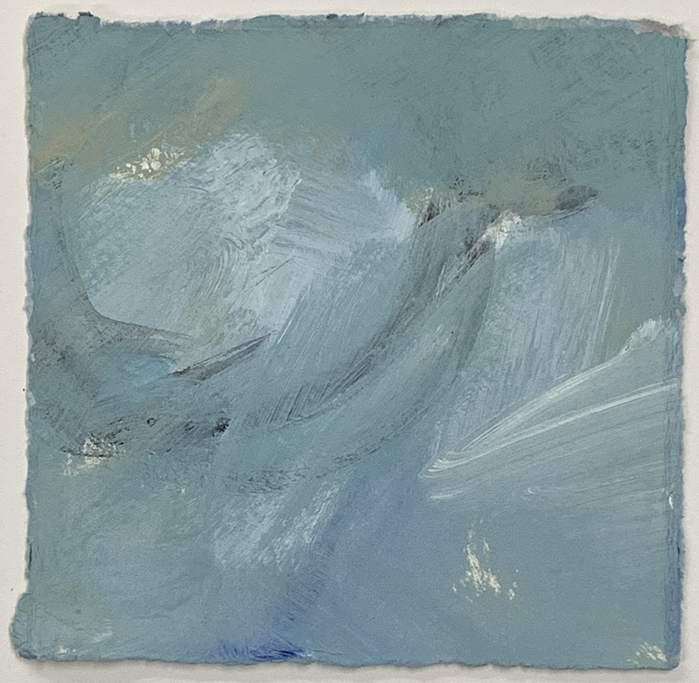 Jean Wilkey
Jean Wilkey
The Other Mona: Forever Seventeen
by MONA SHAHGHOLI
When I left Iran for America, I didn’t expect I would have to conceal my personal history. I was eighteen years old at the time, sad to leave my family, but also excited to leave home for the first time. Once I arrived in America, however, I felt as if I had landed on the moon. No one seemed to understand me and I didn’t understand them, so I formed the habit of saying very little about myself, about where I came from or what I believed.
This was shortly before the revolution that transformed life in Iran, a revolution that was expected to last only a short while, just long enough for a corrupt regime to be overthrown and for order to be restored, but which unleashed a savagery and violence such as no one could have imagined.
First came the slaughter of those who had served under the Shah, to be followed by many others, including many members of the Bahá’í Faith. Four years after this revolution, on June 18, 1983, ten Bahá’í women were hanged in Shiraz. Many Bahá’ís were hanged before and after that date, but never had ten women, most of them in their twenties, been hanged as a group, with each one required to watch the hanging of the one who went before her.
One of those women was Mona Mahmoudnejad. At the time, I was struck by the fact that I shared a first name with the seventeen-year-old Mona. I had been considering attending the University of Shiraz in those days, and I was a Bahá’í too. I couldn’t help wondering: what if I had been in Shiraz with the other Mona, the courageous one who was destined never to pass beyond her seventeenth year?
When talking with others about the plight of the Bahá’ís of Iran, I encounter some who want to bundle the persecution of the Bahá’ís with other human rights violations. Others listen and seem to be sympathetic, but then comment on how backward Iranians are. For years, I was silenced by these responses and never spoke about the other Mona, the brave seventeen-year-old who loomed so large in my mind.
But in recent days, prompted by the #OurStoryIsOne campaign, a campaign launched to mark the fortieth anniversary of the execution of the ten Bahá’í women in Shiraz and to draw attention to the struggles of all Iranian women for freedom, I have decided to speak, to tell you a little about the other Mona.
Mona was born in 1965 in Yemen. Her father grew up in a Muslim family in the city of Tabriz, but joined the Bahá’í Faith as a young man, then married and moved his family to Shiraz when Mona was only four years old. In school, Mona excelled in writing and when she was in the eleventh grade, she wrote this about Islam: “The fruit of Islam is freedom and tolerance and whoever has tasted this fruit has benefited from it.” She also described freedom as a “divine gift” and wrote this about it:
Freedom is a bright word amongst all the shining words that exist in the world. Human beings have always wanted freedom. Then how was this freedom taken away from them? Why do human beings not have freedom already? . . . Why are there people who use force and commit every kind of injustice to protect their own interests? . . .
“Why,” she asked later in the essay, “don’t you let me be free . . . to say what I am and what I want and to tell people about my religion?”
It was this essay that led to Mona’s arrest and execution. I have not spoken for Mona yet, but now I do and this is what I say: “Mona, you had the chance to recant your faith and save your life, but you didn’t. Mona, you chose well: you chose your faith, you chose true freedom. And because of your choice, I am choosing, at last, to speak of you, the other Mona, the courageous girl who will be forever seventeen.”

